The Poet Paralyzed With Fear Lying In A Hammock On A Beautiful Day—unhappy Man In A Happy World—does
the poet paralyzed with fear lying in a hammock on a beautiful day—unhappy man in a happy world—does not suffer any less when he looks around him; he does not cease to suffer, he only ceases to try to understand.
Mary Ruefle, On Fear
More Posts from Moonmovement and Others
what I have done is risked everything for that hour, that hour in the black night, where one flashing light looks like love,
Ada Limón, Glow
It is a mistake therefore to compare someone writing about his own life to an exhibitionist, since the latter has only one desire: to show himself and be seen at the same time.
Annie Ernaux, Simple Passion




17th century astronomical art of Maria Clara Eimmart; celestial splendor from a forgotten woman who broke the bounds of her time.
(brainpickings.org)
Love like the horse chestnut loves carbon,
like the sun isn’t millions of miles away
or doomed. Love like a blue fir amongst white pines,
like a wide shovel opening the earth. Rewind
your favorite moments over early dinners:
the correct identification of an olive tree, climbing
65 feet up a fat trunk, turning backpack pockets
into houses for leaves. Love as eagerly as sprouting seeds,
as hungry as a goat up an argan tree. Love like you are
spotting a red squirrel for the first time. Relish in your blooming
knowledge of Latin, wood chopping, propagation. Love as easy as
hibiscus roots drink rain. Breathe in the smell
of earth-drenched boots. Savor the quick-flowing photos of pheasants and hedgehogs and newts.
Live like a pioneer species. Love like sempervirents: evergreen.
Love like every green thing ever planted
will live long and never burn
- Christina Thatcher, How to Love a Gardener
“In the first version, Persephone is taken from her mother and the goddess of the earth punishes the earth—this is consistent with what we know of human behavior, that human beings take profound satisfaction in doing harm, particularly unconscious harm: we may call this negative creation. Persephone’s initial sojourn in hell continues to be pawed over by scholars who dispute the sensations of the virgin: did she cooperate in her rape, or was she drugged, violated against her will, as happens so often now to modern girls. As is well known, the return of the beloved does not correct the loss of the beloved: Persephone returns home stained with red juice like a character in Hawthorne— I am not certain I will keep this word: is earth “home” to Persephone? Is she at home, conceivably, in the bed of the god? Is she at home nowhere? Is she a born wanderer, in other words an existential replica of her own mother, less hamstrung by ideas of causality? You are allowed to like no one, you know. The characters are not people. They are aspects of a dilemma or conflict. Three parts: just as the soul is divided, ego, superego, id. Likewise the three levels of the known world, a kind of diagram that separates heaven from earth from hell. You must ask yourself: where is it snowing? White of forgetfulness, of desecration— It is snowing on earth; the cold wind says Persephone is having sex in hell. Unlike the rest of us, she doesn’t know what winter is, only that she is what causes it. She is lying in the bed of Hades. What is in her mind? Is she afraid? Has something blotted out the idea of mind? She does know the earth is run by mothers, this much is certain. She also knows she is not what is called a girl any longer. Regarding incarceration, she believes she has been a prisoner since she has been a daughter. The terrible reunions in store for her will take up the rest of her life. When the passion for expiation is chronic, fierce, you do not choose the way you live. You do not live; you are not allowed to die. You drift between earth and death which seem, finally, strangely alike. Scholars tell us that there is no point in knowing what you want when the forces contending over you could kill you. White of forgetfulness, white of safety— They say there is a rift in the human soul which was not constructed to belong entirely to life. Earth asks us to deny this rift, a threat disguised as suggestion— as we have seen in the tale of Persephone which should be read as an argument between the mother and the lover— the daughter is just meat. When death confronts her, she has never seen the meadow without the daisies. Suddenly she is no longer singing her maidenly songs about her mother’s beauty and fecundity. Where the rift is, the break is. Song of the earth, song of the mythic vision of eternal life— My soul shattered with the strain of trying to belong to earth— What will you do, when it is your turn in the field with the god?”
— Persephone, The Wanderer. Louise Gluck (1943). (via mythandrists)
Winter is king, raindrops sing, gardens drip with loss.
Nancy Milford, Savage Beauty
and I never knew survival was like that. If you live, you look back and beg for it again, the hazardous bliss before you know what you would miss.
Ada Limón, Before
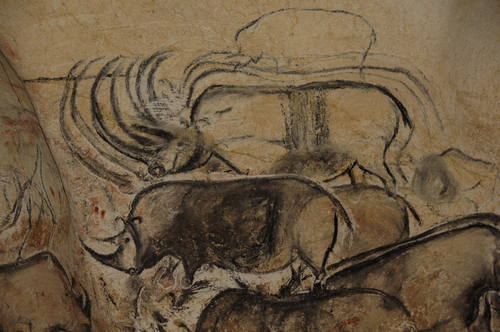

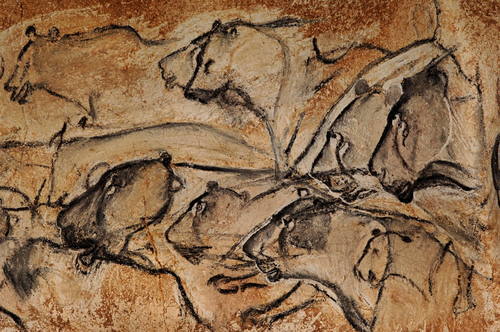
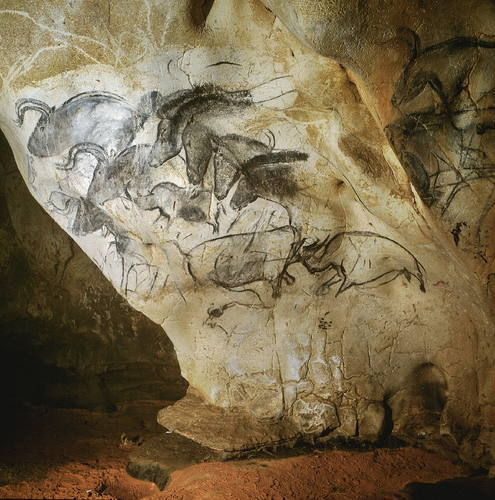
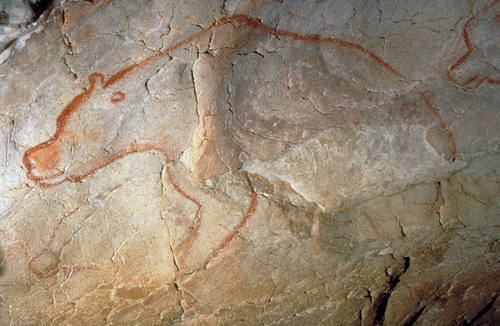

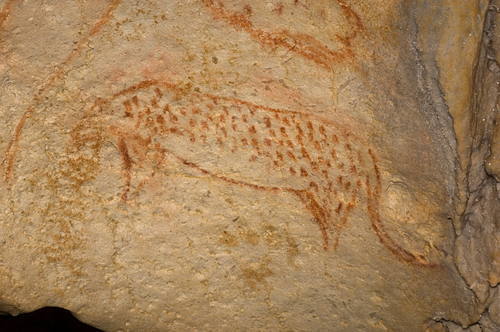
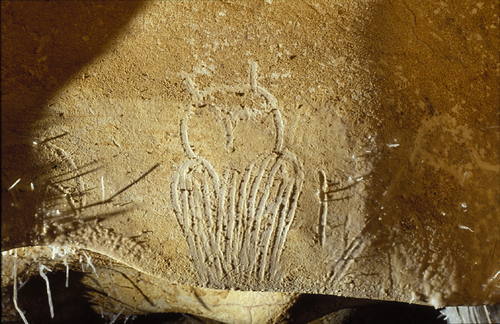
Rock paintings in the Chauvet Cave (France), some of the oldest cave paintings in the world.
They date back 30 – 32,000 years ago, from the Aurignacian tradition of the Upper Paleolithic. The cave was closed off by a rock fall around 20,000 years ago, and was rediscovered in 1994.
By the truth we are undone. Life is a dream. ‘Tis waking that kills us.
- Virginia Woolf, Orlando
as if you could not enjoy love without pain.
Anaïs Nin, Henry and June
-
 aecedia reblogged this · 2 years ago
aecedia reblogged this · 2 years ago -
 aecedia liked this · 2 years ago
aecedia liked this · 2 years ago -
 moonmovement reblogged this · 2 years ago
moonmovement reblogged this · 2 years ago
